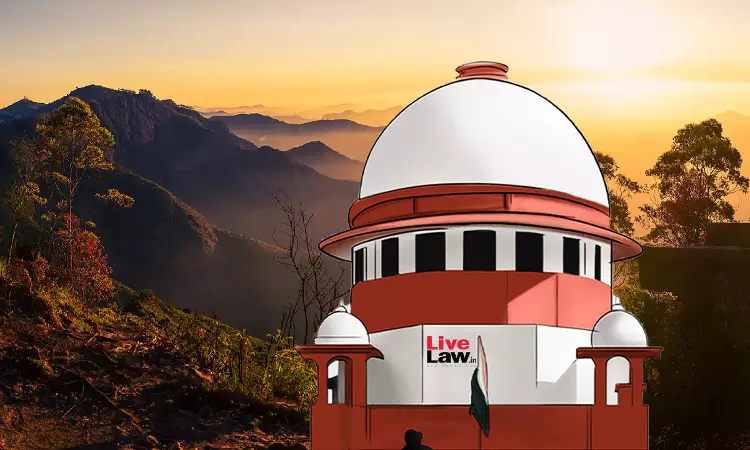Ooty & Kodaikanal Tourism : Supreme Court Refuses To Entertain Hoteliers' Plea Against E-Pass Limits For Tourist Vehicles
Debby Jain
28 March 2025 4:43 PM IST

"6000 vehicles you can take there, still you are not satisfied! You want to have havoc there", the Court said to the petitioner.
Next Story


